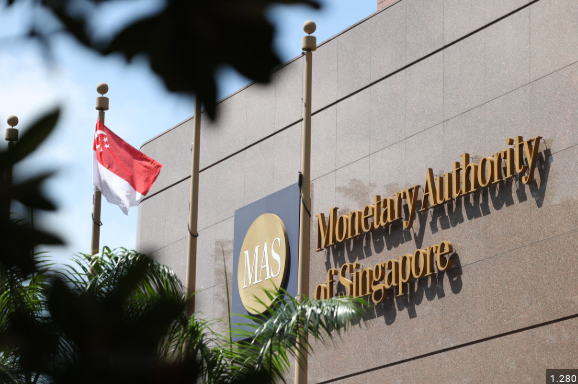Re-evaluating the Impact of Interest Rates on Growth and Inflation Amid Global Economic Shifts
At the 11th Asian Monetary Policy Forum, held on May 24, 2024, Edward Robinson, the Deputy Managing Director of Economic Policy and Chief Economist at the Monetary Authority of Singapore (MAS), highlighted the need for central banks to re-evaluate their policy frameworks in response to the ongoing high interest rate environment.
Robinson emphasized that a rethinking of fundamental macroeconomic relationships is underway, particularly the connection between interest rates, growth, and inflation. In recent years, real interest rates were assumed to have permanently fallen due to demographic shifts leading to lower investment and higher savings, a theory linked to “secular stagnation.” However, long-term interest rates have risen recently, leaving the future trajectory of the neutral real interest rate (r*) uncertain.
The debate between secular stagnation and the debt supercycle theory took center stage, with some economists arguing that the global financial crisis (GFC) played a significant role in causing the persistent low rates and growth. They believe that debt accumulation by governments and consumers during the supercycle period has hindered growth and contributed to prolonged low interest rates.
As inflation remains despite high interest rates, Robinson noted that the r* might have risen post-pandemic, partly driven by increased government spending and fiscal deficits. This could complicate the ability of central banks to keep inflation under control while fostering economic growth.
The Phillips curve, traditionally used to analyze the inverse relationship between unemployment and inflation, also needs reconsideration. With inflation rates increasing despite lower unemployment, Robinson pointed out that structural supply-side changes may be causing higher and more volatile inflation.
As a result, MAS may need to adapt its monetary policy to avoid excessively tight policies that could strain employment and economic output. If the neutral rate of interest (r*) remains higher than expected, central banks might be forced to keep policy rates elevated, risking persistent inflation. Conversely, if the neutral rate remains low, overly tight policies could harm economic growth.
The forum also explored the implications of fiscal policy, noting that if r* stays above pre-pandemic levels, governments might have less space for strong counter-cyclical fiscal policies, making debt consolidation increasingly urgent. Robinson stressed that fiscal policies must be more aware of their limits in the evolving economic landscape.
This forum, which brought together policymakers and academics, delved into various economic topics, including AI’s impact on labor markets, China’s growth, and lessons from the restructuring of Credit Suisse.








